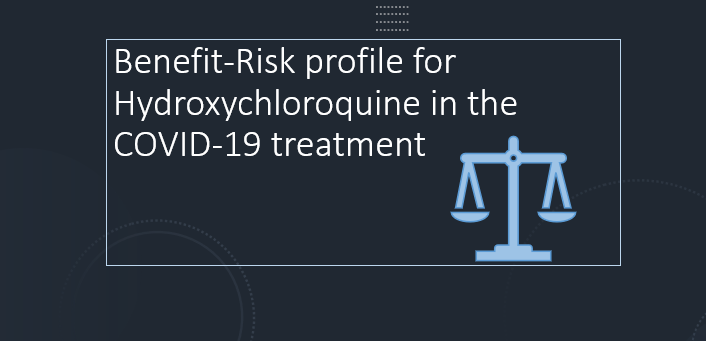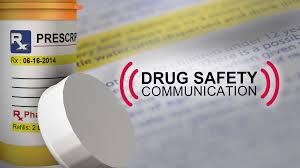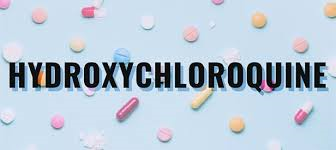An unfavourable benefit-risk profile for Hydroxychloroquine in the COVID-19 treatment
Hydroxychloroquine is an antimalarial class of drug which is used in the treatment and prevention of acute attacks of malaria. It is also used to treat discoid or systemic lupus erythematosus, rheumatic disorders like rheumatoid arthritis, porphyria cutanea tarda and Q fever. Hydroxychloroquine acts by increasing pH within intracellular vacuoles and alter processes such as protein…



